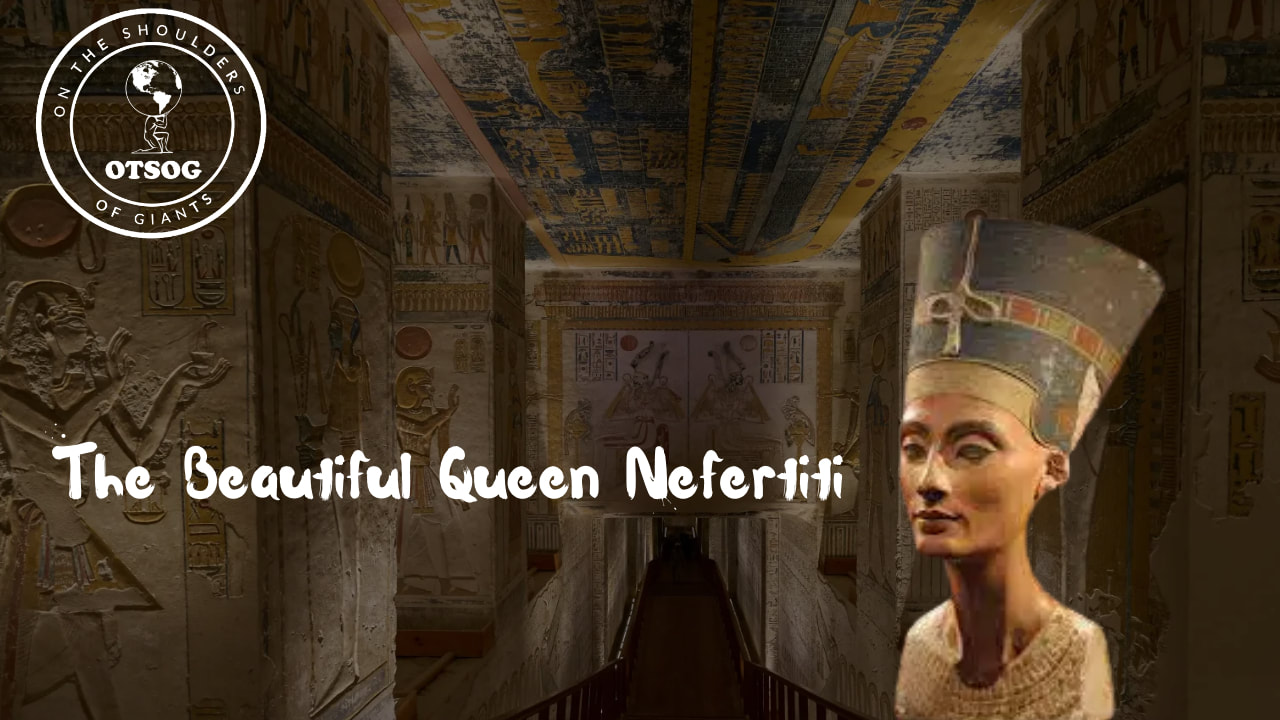|
On March 23, 1942, Walter Anthony Rodney was born to parents Edward and Pauline Rodney in Georgetown, Guyana. Rodney’s family was considered working class, but he was still able to excel in his academics as a young boy. During high school he continued to excel which led him to graduate at the top of his Queen’s College class of 1960; Queen’s College was the top male high school in Guyana. Because of his academic excellence, he earned a scholarship to attend the University of the West Indies at Mona, Jamaica. In typical Walter Rodney fashion, he graduated at the top of his class with honors and a degree in history in 1963. His next step was attending the School of Oriental and African Studies at the University of the West Indies, where at the age of twenty-four he was an honors student who earned his Ph.D. in African History. His dissertation “A History of the Upper Guinea Coast 1545 to 1800” was so exceptional that the Oxford University Press published it in 1970. While earning his master’s and Ph.D., Rodney was a professor at the University of Dar es Salaam in Tanzania from 1966 to 1967. He served as a professor at the university for a second stint from 1967 to 1974, moving into his rise as a political activist. As a college student, his popularity was increasing because of his ability to speak to the public as well as his participation in the demonstrations against the Jamaican government. Rodney was meeting with human rights groups that represented the poor, Rastafarians, and anyone who was mistreated by the government. He even became an acquaintance and student to the Caribbean legend CLR James. Because of his affiliations, Rodney was being targeted by the Jamaican government and labeled as a problem. Rodney wanted the government to stop the oppression of its people. Black Power, Black Liberation, and Black Consciousness were the core of his messages. Using his academic prowess, he learned four additional languages to help him become more proficient and skilled at researching the history of his people. In 1968, after returning to Jamaica from a conference in Montreal, Canada, Rodney was denied re-entry into Jamaica, which caused a riot that started in Kingston called “The Rodney Riots”. In 1969, he published his first book Groundings With My Brothers, a book that focuses on the decolonization of Africa and the Caribbean, and the promotion of Black Power. In 1968, Rodney would move to Cuba before moving back to Tanzania. While in Tanzania, he found work as a lecturer which allowed him to travel and witness the effects of European colonization on Africa and its people. In 1972, Walter Rodney published his groundbreaking book How Europe Underdeveloped Africa. A book that highlights the colonization and exploitation of Africa and its people by European colonies. Rodney used his platform to create intellectual spaces of discussion to help analyze their current conditions and create solutions to change them. These discussions coincided with the Sixth Pan-African Congress which was held in Tanzania in 1974. Also in 1974, Rodney moved back to Guyana after accepting a position as a professor at the University of Guyana. The offer was eventually rejected by the government of Guyana, or more specifically the People’s National Congress. To make a living, Rodney moved his family to the United States to teach and further his mission of ending the oppression of black people under the colonial powers. In 1979, Rodney along with seven other people was arrested and charged with arson after being accused of burning down government offices. In 1981, he published two books, Marx in the Liberation of Africa and A History of the Guyanese Working People 1881 to 1905. His books shed light on the oppression of people because of race and class and gave information on overcoming differences in the name of unity and upliftment. The organization the Working People’s Alliance was formed in 1974, Rodney joined and eventually became a leader in the organization. They went on to successfully unite people from Africa and East India as a political party that challenged the Guyanese government. Because of his activism in the Caribbean, Africa, and the United States, Rodney was targeted by several governments and labeled as a trouble maker. He was often harassed by various police forces and dealt with constant threats to his life. In June of 1980, Walter Rodney was assassinated by a military officer using a remote control bomb. Rodney was thirty-Eight years old. Before his death, he left the world a great legacy of a freedom fighter who demanded liberation for his people. He was recognized and honored for his contributions to the world. Over 18 awards, foundations, and conferences were named in honor of Walter Rodney. He published twelve books and twenty-two other publications. He used his intelligence and bravery to give a voice to the people he witnessed being oppressed, his people. To the great Walter Rodney, we proudly stand on your shoulders. J. A. Ward Click here to support the On the Shoulders of Giants books series. References: https://www.walterrodneyfoundation.org/biography/ https://blackhistorystudies.com/resources/resources/facts-about-walter-rodney/ https://nsarchive.gwu.edu/brief-biography-walter-rodney https://en.wikipedia.org/wiki/Walter_Rodney
0 Comments
Leave a Reply. |
Details
Categories
All
Click Here to join our mailing list
|
Contact Us: |
Connect With Us |
Site powered by PIT Web Design


 RSS Feed
RSS Feed



